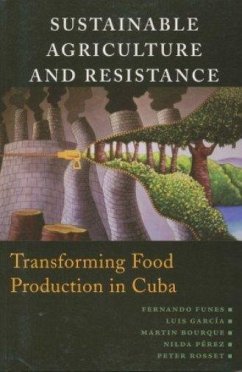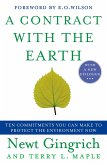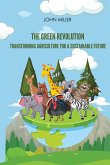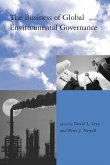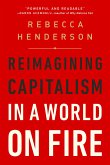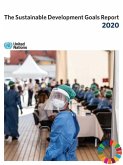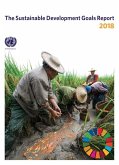* From 1989 to 1992, Cuba faced an economic crisis three times more severe than the Great Depression. This was a result of the fall of the Soviet Union and an end to the imports it provided. * Cuba is world's first national experiment in sustainable agriculture. * National Food Program declared food, and freedom from hunger, basic human rights. This is a story of resistance against all odds, of Cubas remarkable recovery from a food crisis brought on by the collapse of trade relations with the former socialist bloc and the tightening of the U.S. embargo. Unable to import either food or the farm chemicals and machines needed to grow it via conventional agriculture, Cuba turned inward toward self-reliance. Sustainable agriculture, organic farming, urban gardens, smaller farms, animal traction and biological pest control are part of the successful paradigm shift underway in the Cuban countryside. In this book Cuban authors offer details for the first time in Englishof these remarkable achievements, which may serve as guideposts toward healthier, more environmentally friendly and self-reliant farming in countries both North and South.
Hinweis: Dieser Artikel kann nur an eine deutsche Lieferadresse ausgeliefert werden.
Hinweis: Dieser Artikel kann nur an eine deutsche Lieferadresse ausgeliefert werden.

